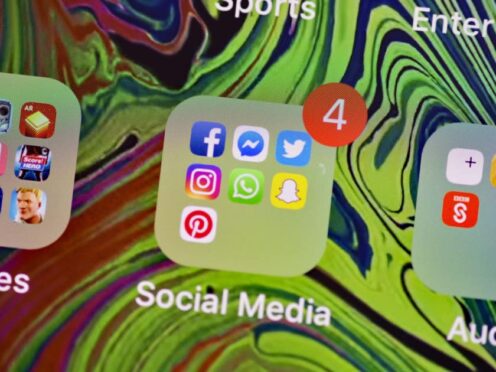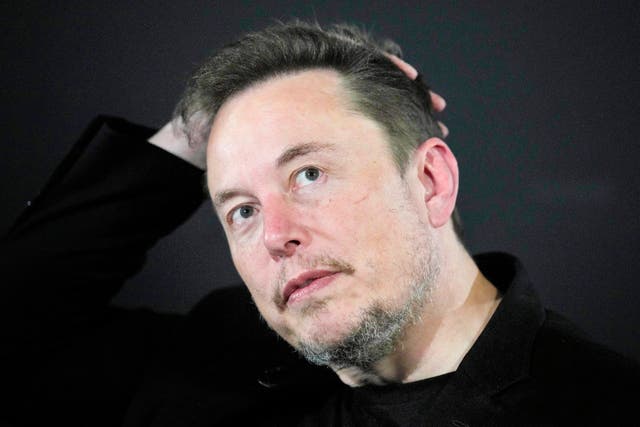
The US Supreme Court on Monday kept a hold on efforts in Texas and Florida to limit how Facebook, TikTok, X, YouTube and other social media platforms regulate content posted by their users.
The justices returned the cases to lower courts in challenges from trade associations for the companies.
While the details vary, both laws aimed to address conservative complaints that the social media companies were liberal-leaning and censored users based on their viewpoints, especially on the political right.
The cases are among several this term in which the justices are wrestling with standards for free speech in the digital age.
The Florida and Texas laws were signed by Republican governors in the months following decisions by Facebook and Twitter, now X, to cut then-president Donald Trump off over his posts related to the January 6 2021 attack on the US Capitol by his supporters.
Trade associations representing the companies sued in federal court, claiming that the laws violated the platforms’ speech rights. One federal appeals court struck down Florida’s statute, while another upheld the Texas law. But both were on hold pending the outcome at the Supreme Court.
In a statement when he signed the Florida measure into law, Governor Ron DeSantis said it would be “protection against the Silicon Valley elites”.

When Governor Greg Abbott signed the Texas law, he said it was needed to protect free speech in what he termed the new public square. Social media platforms “are a place for healthy public debate where information should be able to flow freely — but there is a dangerous movement by social media companies to silence conservative viewpoints and ideas,” Mr Abbott said. “That is wrong, and we will not allow it in Texas.”
But much has changed since then. Elon Musk purchased Twitter and, besides changing its name, eliminated teams focused on content moderation, welcomed back many users previously banned for hate speech and used the site to spread conspiracy theories.
US President Joe Biden’s administration sided with the challengers, though it cautioned the court to seek a narrow ruling that maintained the government’s ability to impose regulations to ensure competition, preserve data privacy and protect consumer interests.
Lawyers for Mr Trump filed a brief in the Florida case that had urged the Supreme Court to uphold the state law.
The cases are among several the justices have grappled with over the past year involving social media platforms, including one decided last week in which the court threw out a lawsuit from Louisiana, Missouri and other parties accusing federal officials of pressuring social media companies to silence conservative points of view.
During arguments in February, the justices seemed inclined to prevent the laws from taking effect. Several justices suggested then that they viewed the platforms as akin to newspapers that have broad free-speech protections, rather than like telephone companies, known as common carriers, that are susceptible to broader regulation.
But two justices, Samuel Alito and Clarence Thomas, appeared more ready to embrace the states’ arguments. Mr Thomas raised the idea that the companies are seeking constitutional protection for “censoring other speech.” Mr Alito also equated the platforms’ content moderation to censorship.
The justices also worried about too broad a ruling that might affect businesses that are not the primary targets of the laws, including e-commerce sites such as Uber and Etsy and email and messaging services.

Enjoy the convenience of having The Sunday Post delivered as a digital ePaper straight to your smartphone, tablet or computer.
Subscribe for only £5.49 a month and enjoy all the benefits of the printed paper as a digital replica.
Subscribe